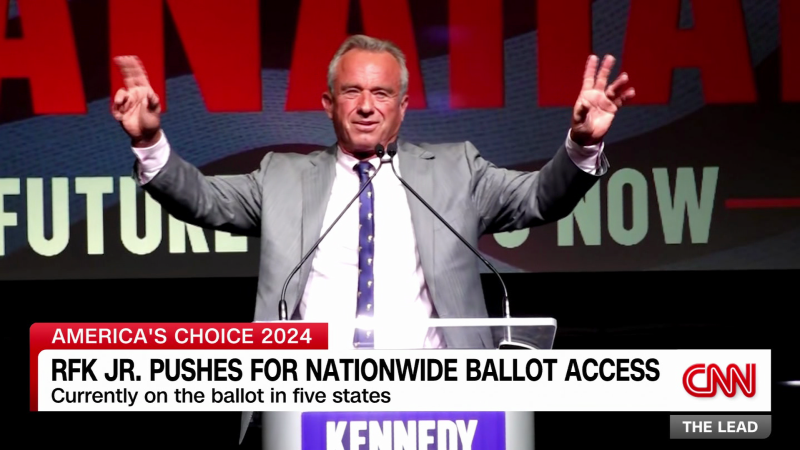Why It Matters: The mayor and the City Council have disagreed about how to address New York’s housing crisis.
New York City is facing a housing crisis with soaring rents and record homelessness. In the latest setback for tenants, major rent increases were approved this week for roughly one million rent-stabilized apartments for the second consecutive year.
The bills that the mayor vetoed, passed last month, would expand the city’s rental voucher program for poor New Yorkers, known as CityFHEPS. They would remove some eligibility rules for the program and open it to people making up to 50 percent of the area median income.
One bill, for example, would expand a city voucher program to more low-income households that owe rent and are at risk of eviction, even if they are not already homeless.
Mr. Adams has received criticism from housing advocates for not moving quickly enough to create affordable housing, for supporting rent increases and for clearing homeless encampments.
Ms. Adams, who is not related to the mayor, said that Mr. Adams had made the housing crisis worse through budget cuts and a “failure to enact solutions.”
Jonathan Westin, a leader of the state Working Families Party, said that the mayor’s veto was “cruel” and “condemns thousands of unhoused New Yorkers to overcrowded shelters and over-policed subways.”
Mr. Adams’s statement noted that he had issued an emergency order last week removing a requirement that homeless people stay in shelters for 90 days before they can move into permanent housing — a step that the City Council pressured him to take.
Background: The veto is a little-used power in New York.
The mayoral veto has been rare in recent years. This one is the first by Mr. Adams since January 2022, when he vetoed a bill that would have increased penalties for zoning violations.
His predecessor, Bill de Blasio, did not issue a single veto during his eight years as mayor.
Kathryn Wylde, the president of the Partnership for New York City, a business group, said that Mr. de Blasio’s aversion to vetoes had encouraged the City Council to “push through bills that deserved more careful study.” She thanked Mr. Adams for the veto and said she hoped it would result in “a more rigorous review of proposed legislation before it is enacted.”
What’s Next
The City Council could vote to override the mayor’s veto. But the mayor could sue the City Council to stop the laws — a tactic used by former Mayor Michael R. Bloomberg — or the City Council could sue the mayor if he chooses not to implement them.
In that case, the courts could ultimately decide the fate of the bills.
Mihir Zaveri contributed reporting.





More News
Ex-Soccer Chief in Spain to Stand Trial on Sexual Assault Charge
Homeowners Who Planned to Demolish Marilyn Monroe House Sue Los Angeles
Turning Point or Breaking Point? Biden’s Pause on Weapons Tests Ties to Israel